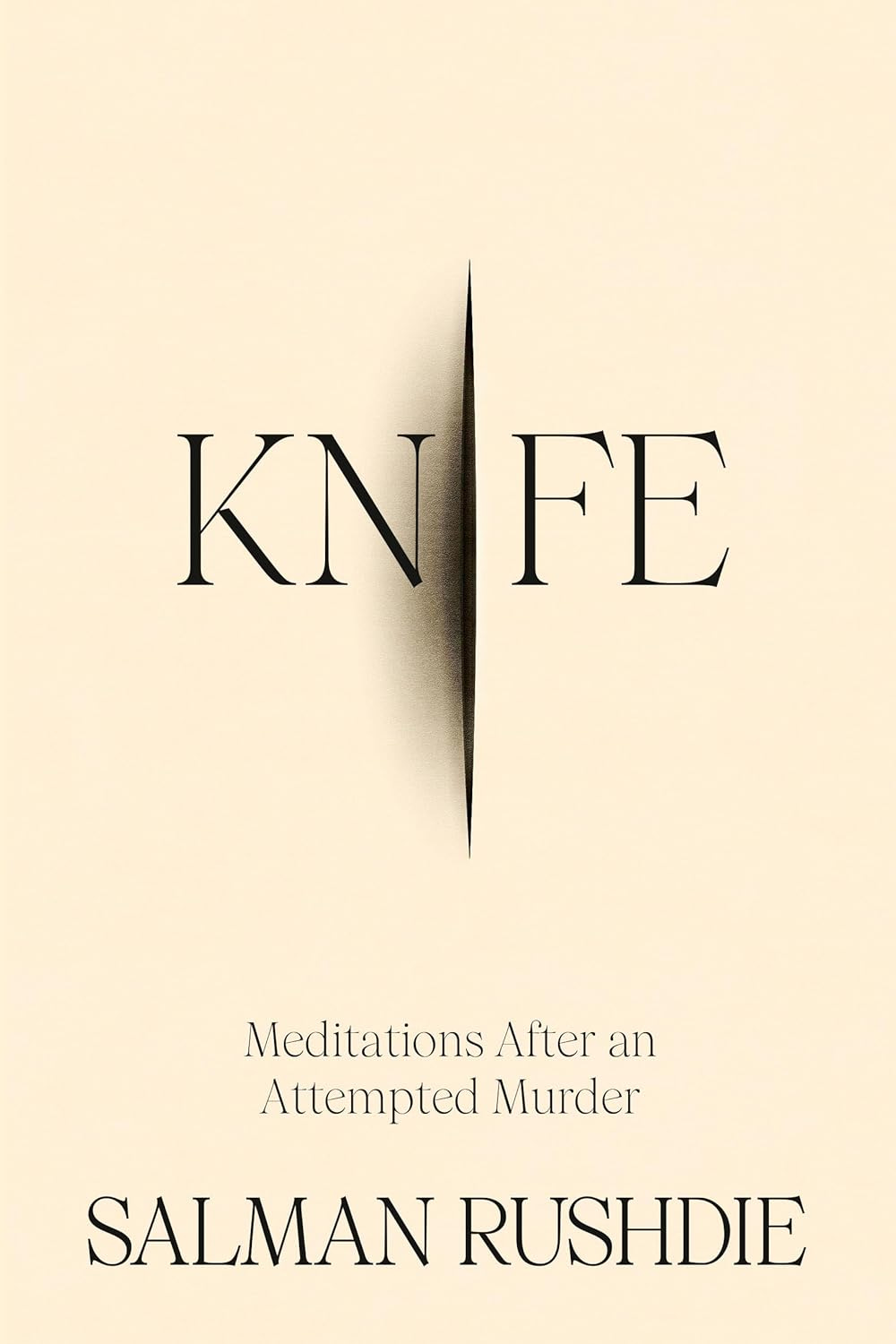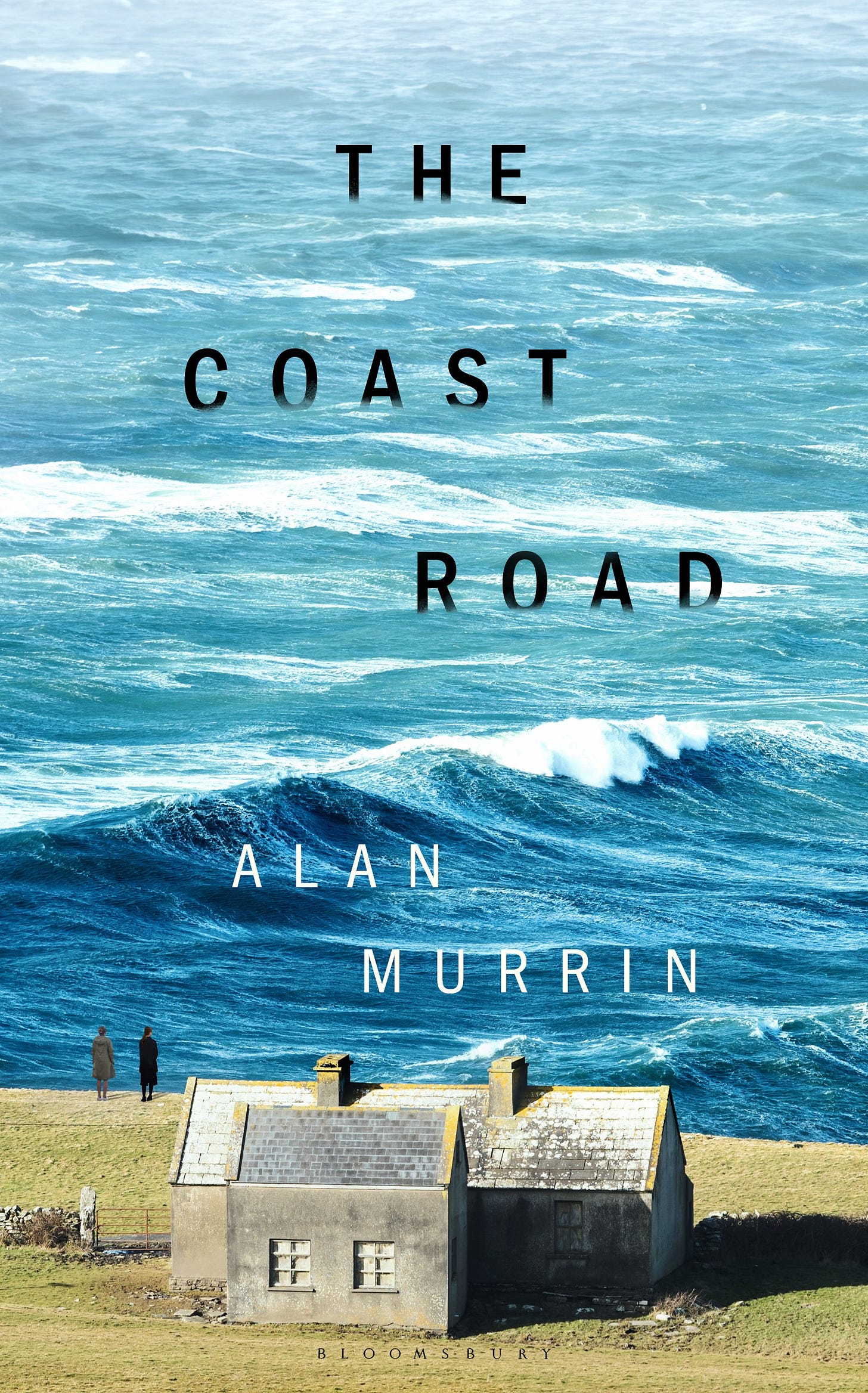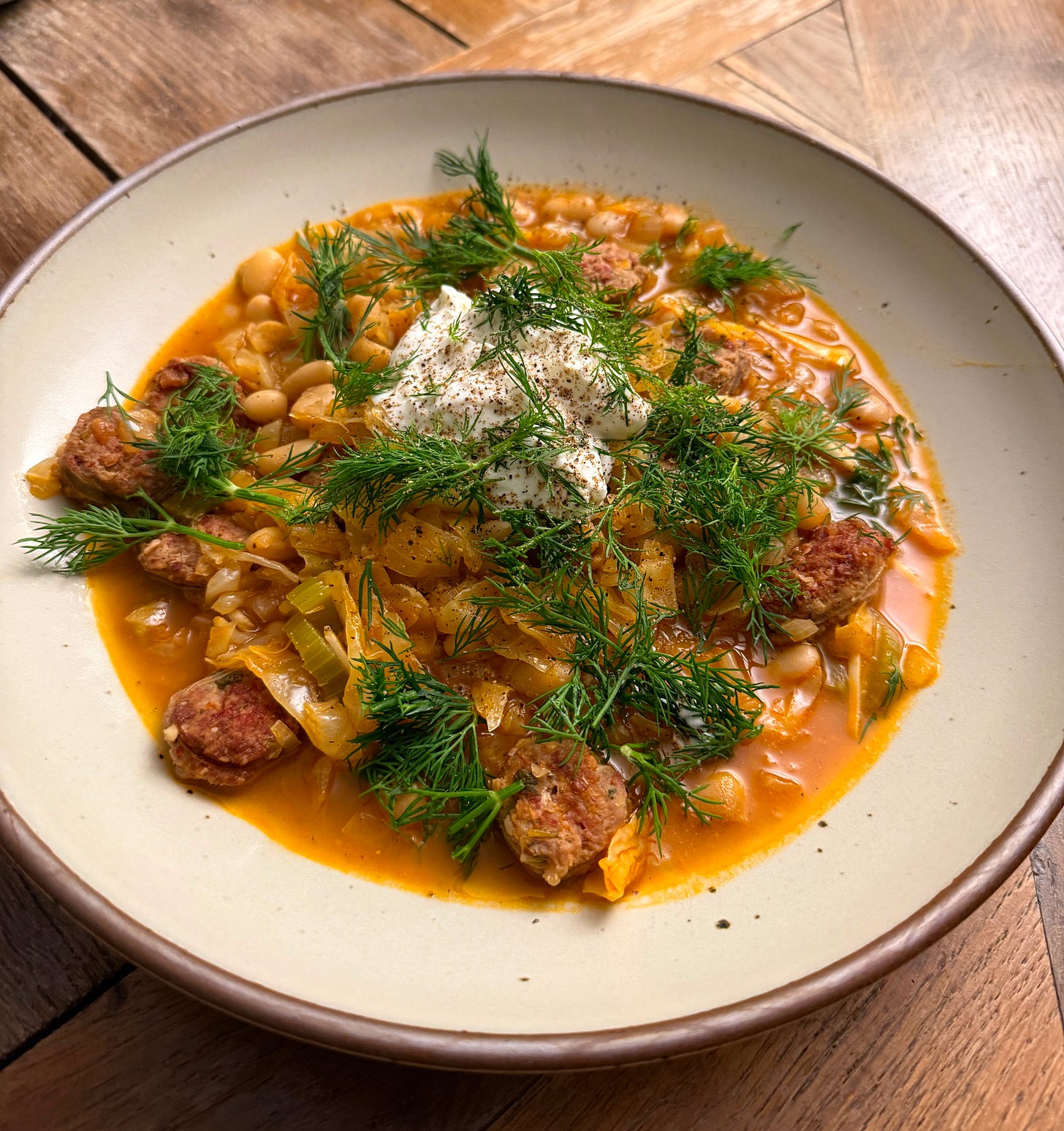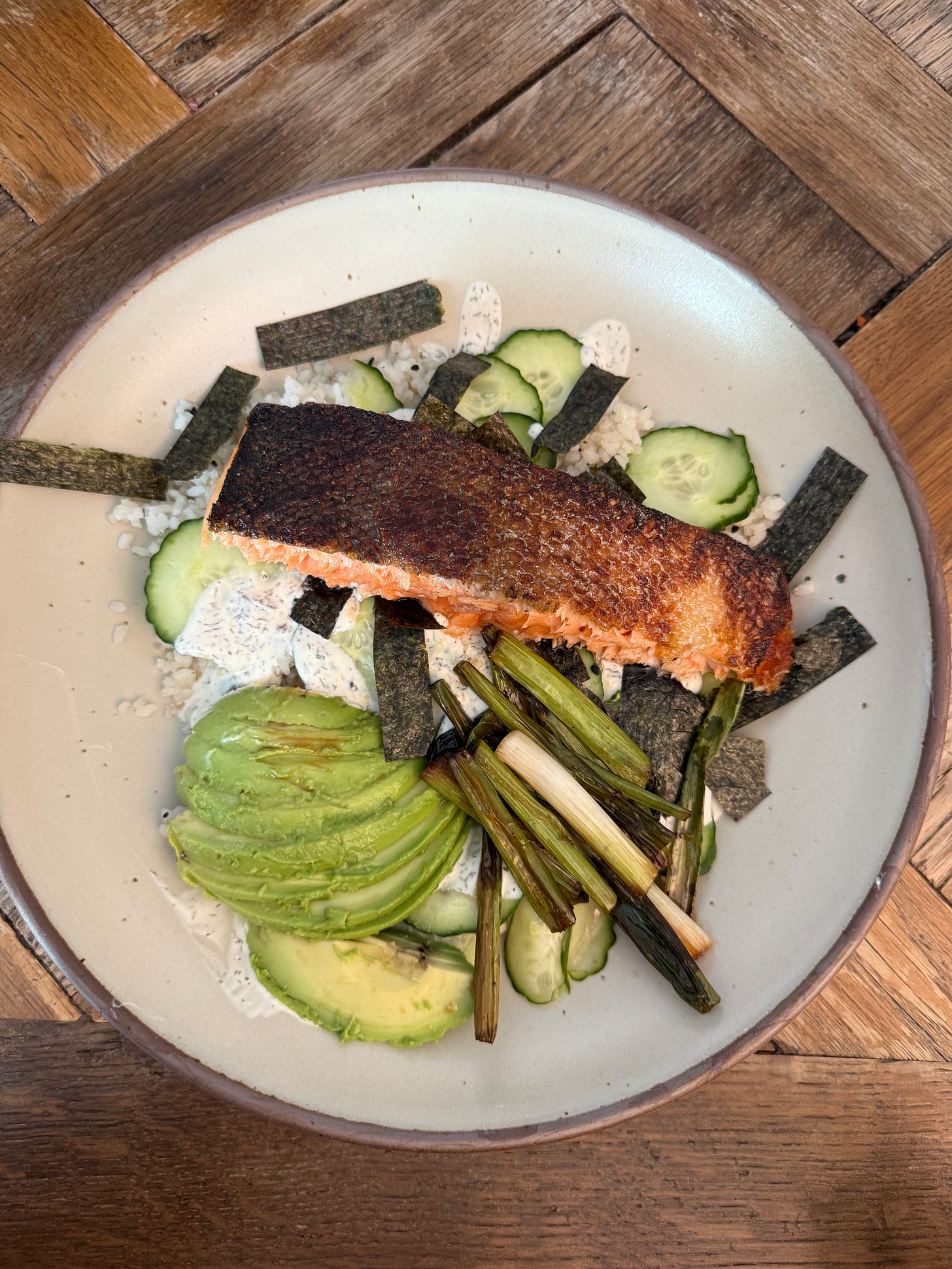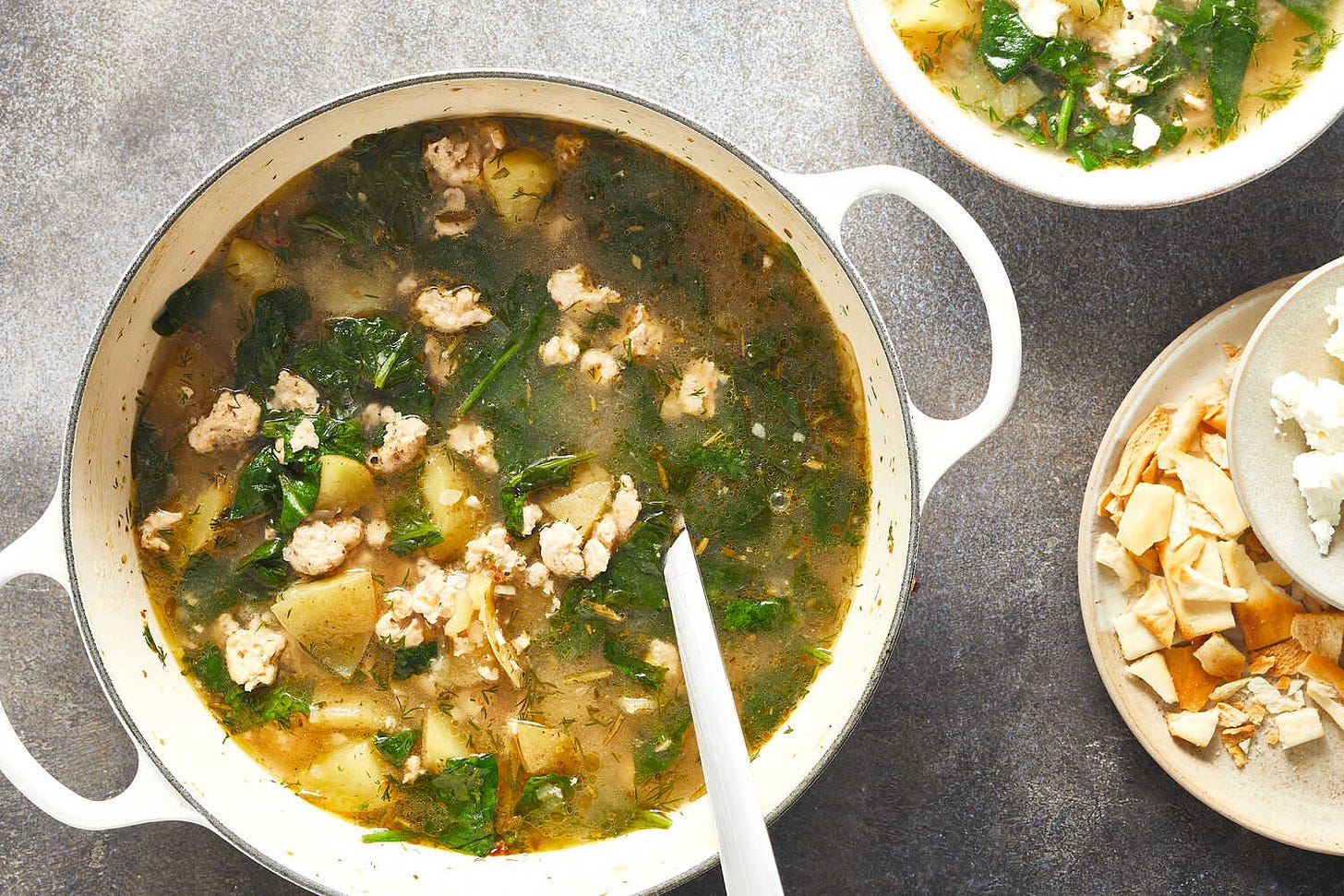Good afternoon!
We’re rapidly approaching the holidays, but I read two slightly darker books this week — Salman Rushdie’s memoir, Knife, and Alan Murrin’s debut novel, The Coast Road. Let’s get into it.
What I read:
Knife: Meditations After an Attempted Murder by Salman Rushdie
On August 12, 2022, Salman Rushdie walked out on stage to give a lecture about the City of Asylum, which provides a sanctuary to writers under threat, at the Chautauqua Institution in New York. An attacker rushed on stage and stabbed Rushdie fifteen times. Audience members pinned the assailant down and aided Rushdie until he could be flown by helicopter to a critical care unit, where he spent eighteen days and was put on a ventilator. Miraculously, he recovered, although the attack left him blind in his right eye.
It had been thirty-three years since Ayatollah Ruhollah Khomeini, the supreme leader of Iran at the time, issued a fatwa calling for Rushdie’s death in response to his novel, The Satanic Verses. Rushdie writes that his first thought during the 2022 attack was, “So it’s you. Here you are,” because he had “sometimes imagined my assassin rising up in some public forum or other and coming for me in just this way.” Yet his second thought was, “Why now, after all these years?”
Rushdie does not name his assailant in his memoir (although his name is public information — the public trial is ongoing in western New York). Instead, Rushdie refers to him as “A.” A admitted to the New York Post that he wanted to kill Rushdie because Rushdie was “disingenuous.” A only read “a couple pages” of his work. This explanation feels incredibly unsatisfactory. As Rushdie notes, “I wanted to murder him because he was disingenuous” would be deeply “unconvincing if one were to use it in crime fiction.”
Knife is a slim but searing memoir. Rushdie writes with taut prose even as he wanders through nightmares, hallucinations, visceral physical sensations, and meditations. The description of the attack is striking as he walks the reader through his most intimate thoughts and feelings. Some of his real-time ideas feel profound: “Reality dissolves and is replaced by the incomprehensible . . . . Your body’s privacy ceases to exist.” Others are stray thoughts: “Oh, I thought, my nice Ralph Lauren suit.”
While Knife is incredibly well-written, words seem inadequate to explain an attempt on one’s life. Perhaps because of this, Rushdie weaves in literary references throughout his memoir. For instance, he ruminates on the nature of knives (“a knife attack is a kind of intimacy”). A knife can cut a cake and open a beer bottle; it is “morally neutral.” Language is also a knife, and Rushdie recalls famous knives in literature, like Philip Pullman’s “subtle knife” that can cut between worlds and the knife in Kafka’s The Trial.
Although Rushdie wades through dark thoughts, Knife is a book about both love and hate. He discusses his relationship with his family, including his sons and wife, whom he met in 2017. Even when describing the attack, he notes, “I experienced both the worst and best of human nature, almost simultaneously”:
This is who we are as a species: We contain within ourselves both the possibility of murdering an old stranger for almost no reason — the capacity in Shakespeare’s Iago which Coleridge called “motiveless Malignity” — and we also contain the antidote to that disease — courage, selflessness, the willingness to risk oneself to help that old stranger lying on the ground.
Knife is definitely worth a read.
Rating: 4.5/5
Genre: Nonfiction; Memoirs
Page count: 209 pages
Audio: 6 hours 22 minutes
The Coast Road by Alan Murrin
The Coast Road is set in 1994 in the small coastal town of Argdlas, Ireland. It focuses on three women — Izzy Keaveney, Colette Crowley, and Dolores Mullen — who are trapped by marriage. Divorce was still illegal in Ireland at the time; the only options were silence or separation. A referendum permitting divorce narrowly passed by less than a percentage point in 1995.
Colette is a poet and recently returned to Argdlas after running off with a married man to Dublin. She hopes to reconnect with her three sons, but her husband, Shaun, refuses to let her visit their youngest son. Colette rents a small cottage on the Mullen family’s property. Dolores Mullen is pregnant with her fourth child, and her husband, Donal Mullen, is a serial cheater. After attending Colette’s writing workshop, Izzy forms a tentative friendship with Colette. Izzy is trapped in her own marriage with her politician husband, James.
The Coast Road is a well-crafted debut novel. Murrin captures the claustrophobia of small-town life and the limitations placed on women. He lets the characters drive the story. However, character-driven narratives can be slow-paced, which unfortunately was the case here. The plot and characters did not grip me. The pacing felt very slow for most of the book, and the last quarter of the novel felt disjointed. That said, I thought The Coast Road was well-written and focused on an interesting topic. I would read another book by Murrin, but I would not strongly recommend this one.
Rating: 3.5/5
Genre: Historical Fiction
Page count: 320 pages
Audio: 7 hours 52 minutes
Movie/TV pairings: Bad Sisters; Big Little Lies
Articles, podcasts, and TV shows I can’t stop thinking about:
Best Of: This Conversation with Richard Powers Is a Gift on The Ezra Klein Show
After finishing Playground last week, I’ve been reading some old interviews with Richard Powers. This 2022 conversation between Ezra Klein and Richard Powers is worth a listen. They discuss his novel Bewilderment, but it’s also just a broader conversation about nature and humanity.
The Diplomat on Netflix
My husband and I are watching seasons 1 and 2 of The Diplomat. The second season was just released last month.
What I cooked:
Kielbasa and cabbage soup: a cozy winter soup.
Salmon bowls with nori ranch: delicious and adaptable.
Lemony Greek chicken, spinach, and potato stew: a little more rosemary-forward than Greek but quite tasty and very easy.






